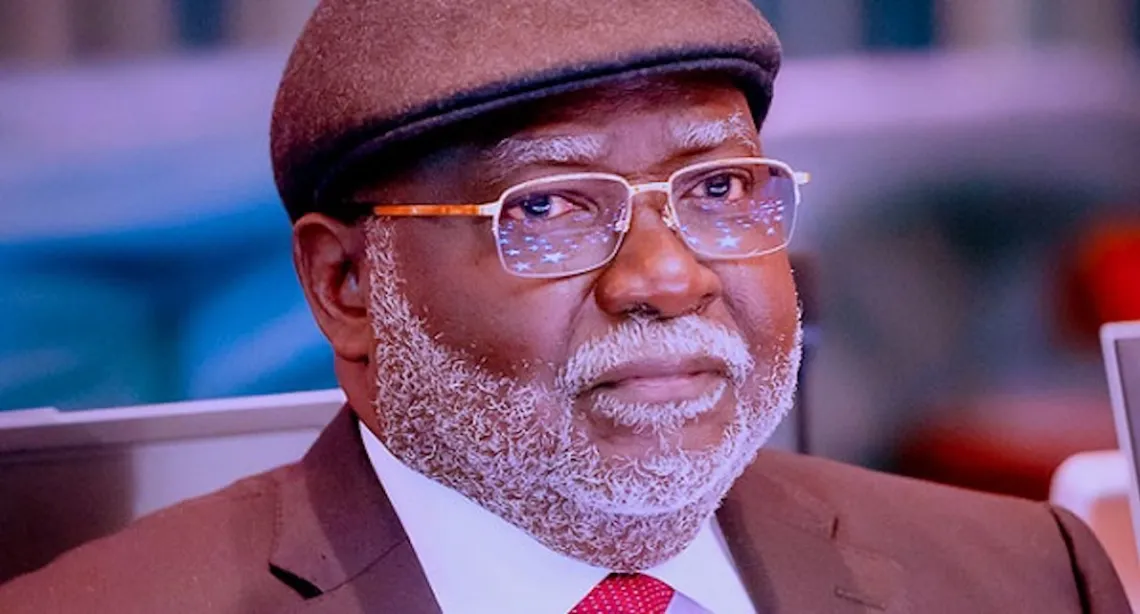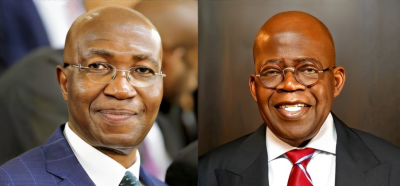Outgoing Chief Justice of Nigeria, Olukayode Ariwoola, has been accused of nepotism for appointing family members to key judicial positions.
Within two years of being in office, Ariwoola has been accused of appointing his son as a judge of the Federal High Court, his daughter-in-law as a judge of the High Court of the Federal Capital Territory, his brother as an auditor of the National Judicial Council (NJC), which he chairs, and another family member as a Justice of the Court of Appeal.
Ariwoola reportedly acted with blatant disregard for the authority of the Chief Justice of Nigeria (CJN) and the Judicial Code of Conduct, which explicitly prohibits nepotism. The Code warns that a judge who exploits their judicial position for personal gain or to benefit a relative is guilty of abusing their power.
Justice Ariwoola will exit his position as CJN on August 22, 2024, upon attaining the mandatory retirement age of 70.
Chidi Anselm Odinkalu, a Nigerian human rights activist, lawyer, and professor, stated that Ariwoola’s tenure as Chief Justice fittingly concluded with a display of clannish favoritism.
He lamented that in his final meeting as Chair of the National Judicial Council (NJC), Ariwoola granted judicial appointments to two sisters, one to the High Court of Kwara State and the other to the High Court of Ondo State. Just a month earlier, he had appointed their brother as a judge of the High Court of the Federal Capital Territory.
He added that their father was a notable judicial benefactor.
Odinkalu said, “In 2020, the Legal Practitioners Privileges Committee (LPPC), then chaired by Olukayode Ariwoola’s predecessor, sanctioned a lawyer who had applied for elevation to the rank of Senior Advocate of Nigeria (SAN) by altering Supreme Court judgments to insert his name as counsel in cases in which he had not acted.”
He said 21 days before his departure as Chief Justice, Olukayode Ariwoola rushed through new elevations, making the same lawyer a SAN when he was better off being struck off the roll entirely.
“When, in one of her first acts as Chief Justice, his successor inaugurates this kind of specimen into the Inner Bar, it will set the seal on unquestionably the most baleful judicial legacy in contemporary Nigeria,” he said.
Addressing the opening of the legal year before a special session of the Supreme Court—the last to be presided over by Olukayode Ariwoola as CJN—in November 2023, Ebun Sofunde, a Senior Advocate of Nigeria (SAN), speaking on behalf of the Body of Senior Advocates of Nigeria (BOSAN), testified that judicial reputation “is at an all-time low… to a point where it may no longer be redeemable,” and ended with the complaint that Supreme Court judgments under him had become “perfunctory.”
“These words easily sum up what will be remembered as the most lamentable tenure in the office of the Chief Justice of Nigeria since the appointment of the first indigenous CJN in 1958,” he said.
Odinkalu said the tenure of Olukayode Ariwoola as Chief Justice of Nigeria began “amid an ‘all-time low’ in judicial trust.” It was reasonable to expect that restoring public confidence in the judicial branch should have been a priority under these circumstances.
He said, “Instead, Ariwoola seemed to be on a mission to compensate for lost opportunities in the material benefits of office. The result was a tenure that further eroded public trust in the judiciary rather than rehabilitating it.”
“As CJN, Olukayode Ariwoola will be remembered for the speed with which he addressed any previous neglect—real or imagined—of the welfare of his own family and his beloved village, Iseyin, in Oyo State,” Odinkalu added.









